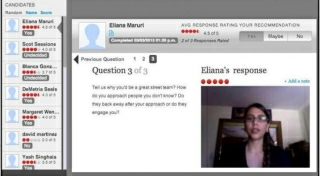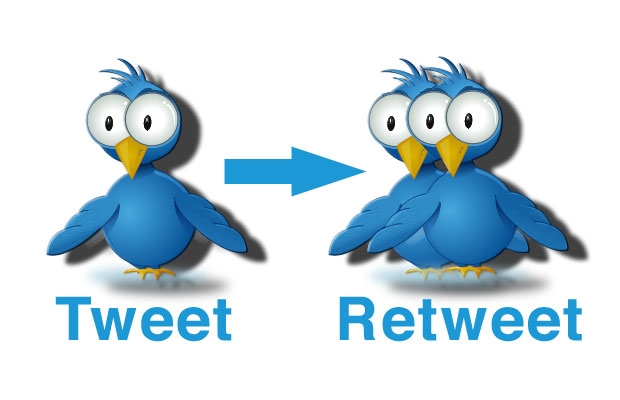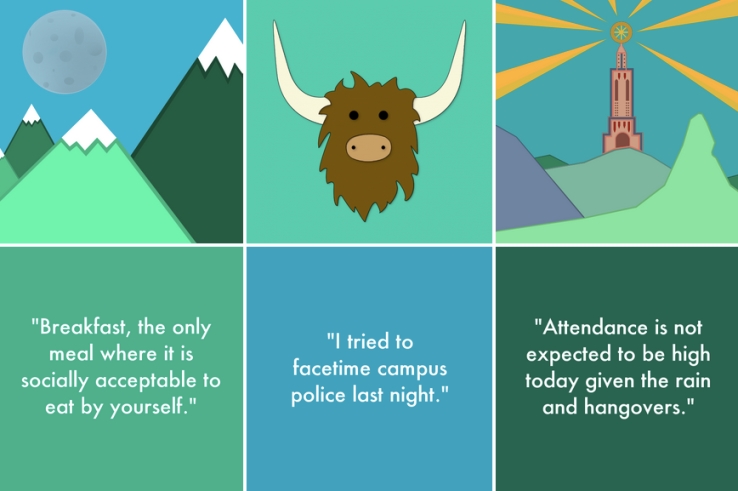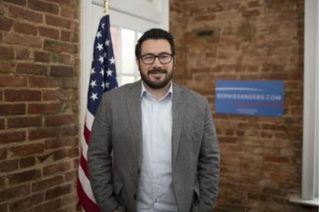More About Carrier and Cyberbullying
/President-elect Trump seems to be firming up opponents and supporters, simply reinforcing what voters felt before the election. His move to save Carrier jobs from relocating to Mexico has been criticized as a political ploy and a dishonest representation of the deal.
The president of the local Steelworkers Union and a member of the negotiating team, Chuck Jones, said Trump's claim of saving 1,100 Indiana jobs was inflated: 350 of those jobs were never intended to move.
 A New York Times article questions Trump's response, which experts describe as dangerous:
A New York Times article questions Trump's response, which experts describe as dangerous:
- Anybody who goes on air or goes public and calls out the president has to then live in fear that he is going to seek retribution in the public sphere. That could discourage people from speaking out. (Frank Sesno)
- It's beneath the dignity of the office. He doesn't seem to understand that. (Robert Dallek)
- When you attack a man for living an ordinary life in an ordinary job, it is bullying. It is cyberbullying. This is a strategy to bully somebody who dissents. That's what is dark and disturbing. (Nicolle Wallace)
Discussion Starters:
- What's your view of Trump's behavior on Twitter? This has been going on since the beginning of the election process. Should he stop now, or is that a personal decision he gets to make?
- The initial news about saving jobs seems to have been inflated. How does that influence your view of Trump's negotiation as a success story?


















